The country’s supermarkets are finally making space for Indian artisanal cheeses. And this, believes Arvind Chawla, co-founder Darima Farms, is proof of the slow but steadily rising craft cheese market in India.
“We are taking away retail shelf space from foreign cheese. There is a gradual transition and Indian cheesemakers are gaining visibility. Not just in the domestic market, brands like Eleftheria cheese have also made a mark at international competitions,” says Arvind, whose farm makes eight variety of cheese and sells around 22 tons a year to all major markets from Chennai to Delhi.
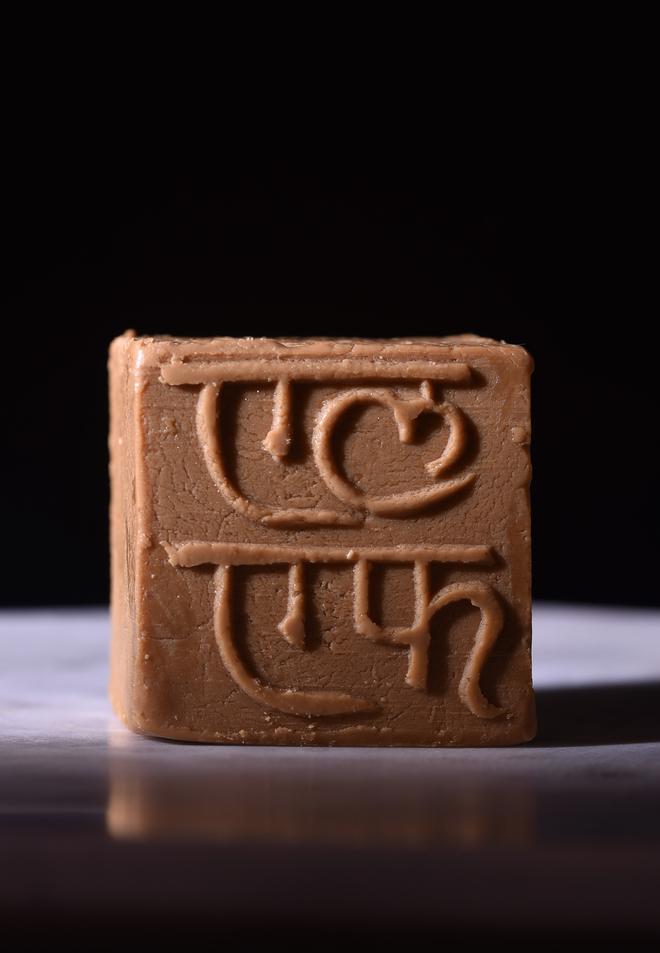
Mumbai-based Eleftheria Cheese’s brunost (a brown Norwegian cheese) won a Super Gold at the World Cheese Awards in Norway last year. “In 2021 and 2022, we won silver for our brunost,” says Mausam Narang, who started Eleftheria in 2015.
Eleftheria, Mausam explains, means freedom in Greek. For her, starting this creamery meant, freedom from a corporate job, as well as freedom from processed cheese. Obsessed with cheesemaking, by 2016, Mausam was supplying cheese to cafes and restaurants.
While they started with mozzarella and burrata, Eleftheria now makes 15 varieties of cheese. “Brunost was unusual for India before but it has picked up tremendously well. It’s one of our best selling cheeses now. It’s a whey cheese. Lot of clients are using it for dessert,” she says, adding that at Mumbai’s O Pedro, the restaurant serves a brunost jaggery tart.”
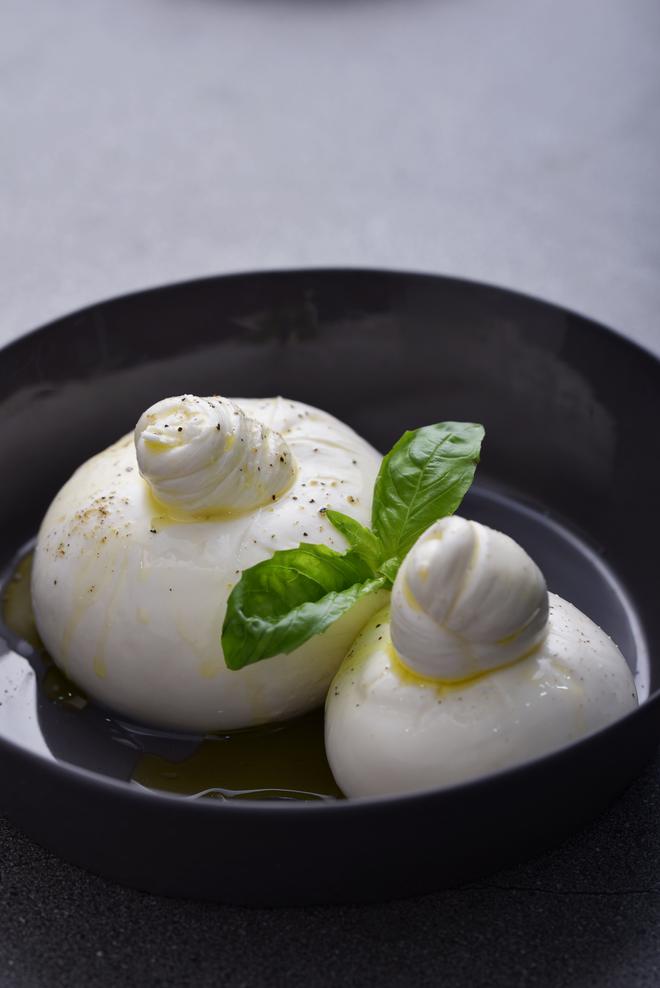
Eleftheria produces a couple of tons of cheese every month. “Cheese is basically separated milk solids. If we get 1,000 litres of milk, we get 100 kilograms of cheese,” says Mausam, adding that they have also started ageing cheeses.
Just back from a training session in France, Mausam says washed-rind cheeses is something she would like to experiment with now.
Thrissur-based Anu Joseph Palathingal, who runs Casaro Creamery along with Freddy George, recently experimented with wine-soaked cheese which sold out quickly. The cheese is aged for three months and soaked in sweet red wine at different intervals. “The outer surface has the colour of wine while the interior remains white. The flavour of the cheese has notes of wine,” says Anu who started the creamery in 2018.
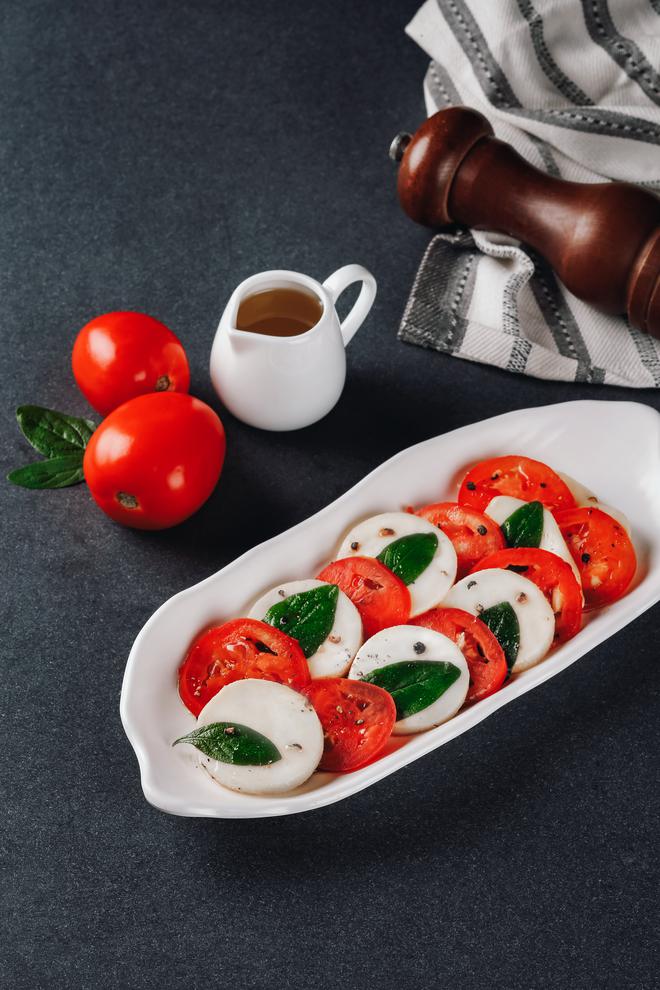
Starting from a 400 square feet facility, Casaro is now spread across 2,200 square feet, producing 15 different kinds of cheeses, four cheese snacks and six different kids of cheese spreads. While they have a lot of restaurants who are their clients, they also deliver to individuals across the country, with most of the orders coming from Chennai, Bengaluru and Kochi.
The facility is in Kattoor (Kerala) and has 15 people working. “We start at 7.30 am that’s when the milk testing happens. We get 350 litres of milk and that is converted to 35 kilos of cheese. Production is scheduled such that we make 15 varieties in two weeks. We use cow, buffalo and goat milk to make haloumi, cream cheese, mascarpone and that’s made thrice a week. We make goat milk feta and chevre once a week,” she explains.
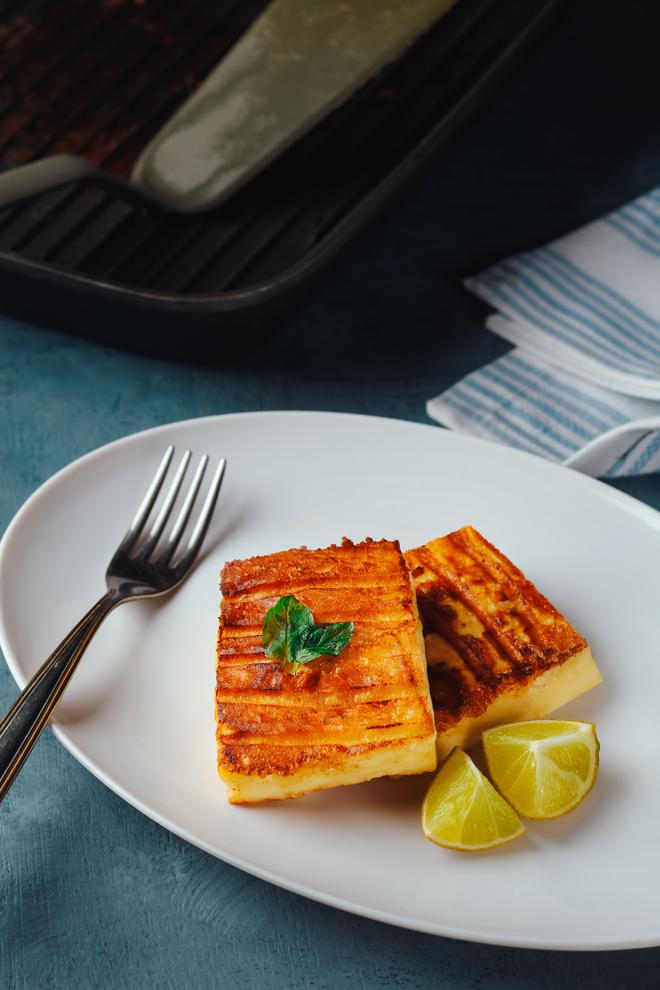
At Casaro, prices start at ₹300 for 200 grams but Anu says clients don’t mind spending. “People are travelling more and getting a taste of the finer things in life and they have a disposable income. They are also more aware about what they are eating, ingredients and what goes in to their food. There is awareness about natural, unprocessed cheese.”
Cheese is at a cusp right now in India. It is in the same space where wine was a few years ago, says Arvind. When Arvind and Sourabh Vinayak started Darima Farms in 2018, it was out of passion and a very romantic idea to do something interesting. “Now we see the market evolving very fast. Smaller cheese makers are coming up. I can think of 15-18 names that have emerged in the last 10 years. The cheese market here is growing 4-5% a year,” he says.
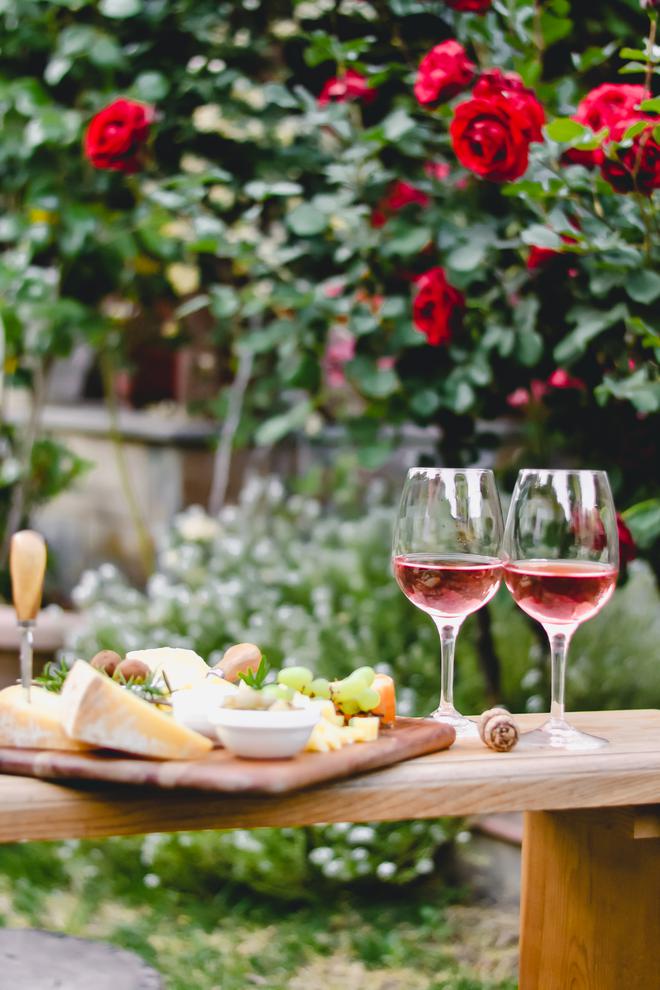
The farm employs 10 cheesemakers, all locals trained by Captain Divendar Chouhan, the master cheesemaker at the enterprise. Other than the usual suspects like cheddar, gouda, they also have zarai (spice rubbed semi hard cheese) and chilli bomb (red chilli infused semi hard cheese), that they came up with.
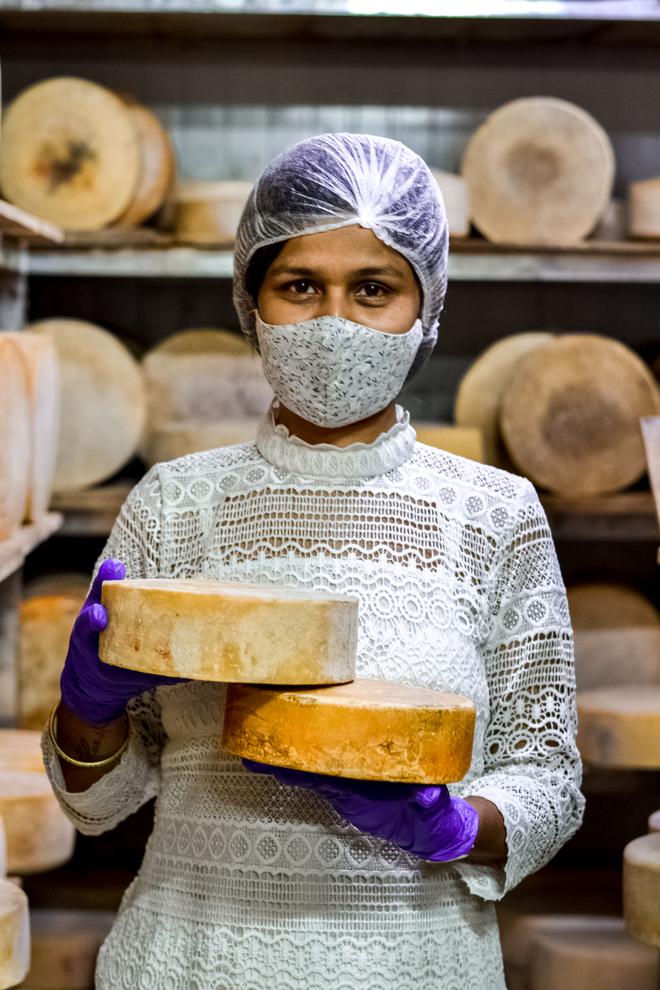
For many, like Bengaluru-based Benjamin Armel and Kathrina Salam, cheese making started as a lockdown activity. “We were eating cheese but didn’t know how to make it. During lockdown it was hard to get cheese delivered. So we got into it out of curiosity,” says Benjamin. They made it for themselves and their friends. But slowly the circle started growing. Eventually they got into it professionally and launched Nari and Kage. “We wanted to show that it was possible to make artisanal cheese in India. All our cheeses are made the traditional way,” says Benjamin, who started collaborating with farmers.
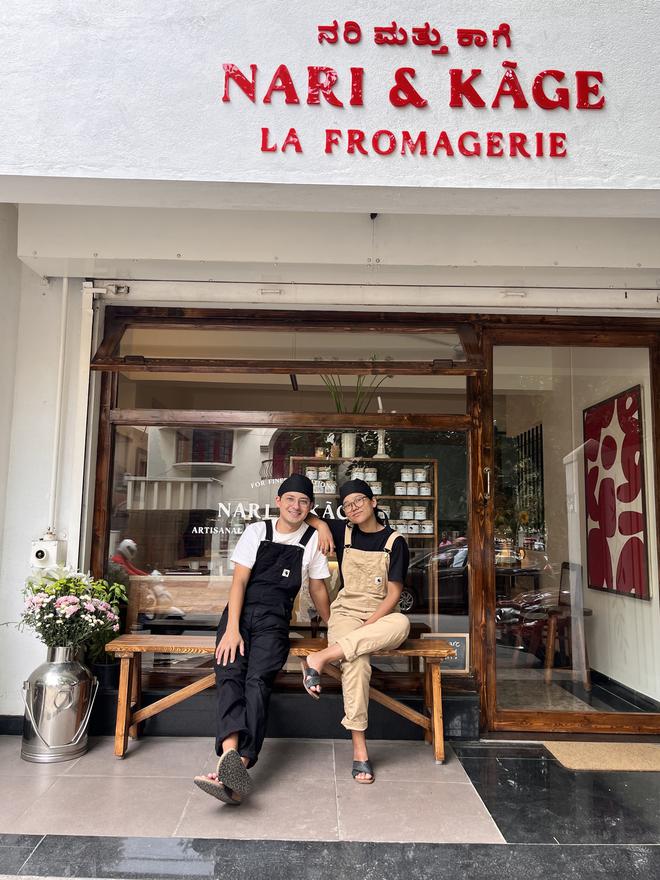
From manchego, a Spanish cheese to Mexican cheese like queso oaxaca, at Nari and Kage they try to do cheeses from all over the world, including feta, blue cheese, ricotta... “I grew up in France. Every neighbourhood had a boulangerie. The area you grow up in, the boulangerie guy in that area knows you well and eventually he knows your taste and you can ask them questions. I wanted to bring that feel when we opened our fromagerie six months back,” says Benjamin who came to India 10 years ago as an exchange student. He is pleased that clients who come in ask him for suggestions about what to cook and what cheese to use in the dish or with wine or in a platter. “A lot of people have no knowledge. We like to be available for them. We also organise cheese pairing workshops at the fromagerie,” he says.
Starting small, they had to upscale production with demands flowing in. From two kilograms, they have gone up to making around 20 kilograms of cheese in a day. There is an audience for every kind of cheese. Blue cheese is selling very well, he adds.
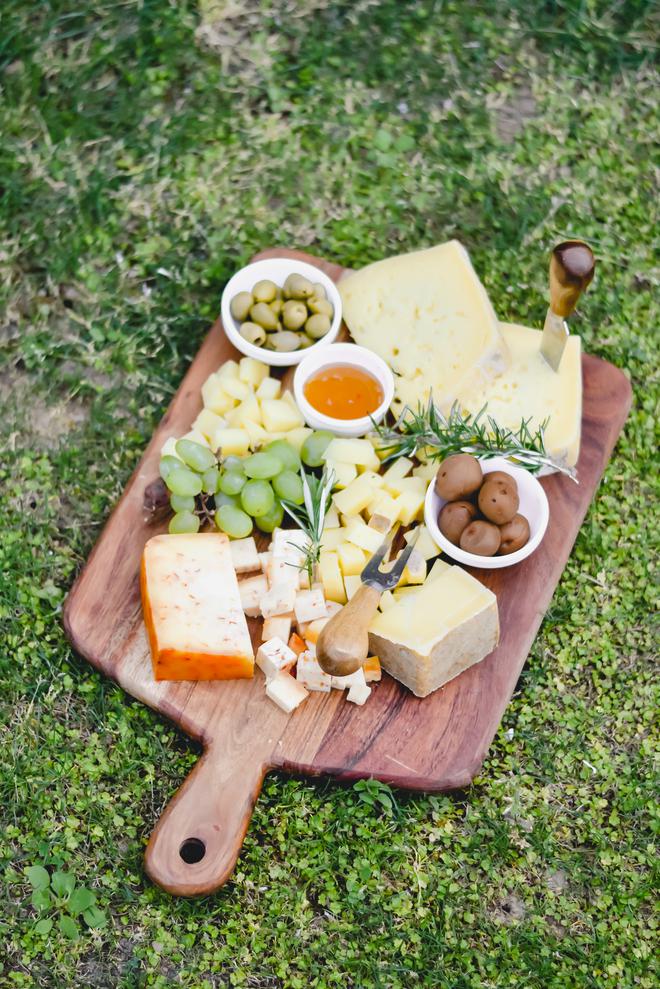
With cheesemaking picking up over the last few years, there is also a growing community of cheesemakers. “We are in contact with a lot of them and we share knowledge and help each other,” says Benjamin.







